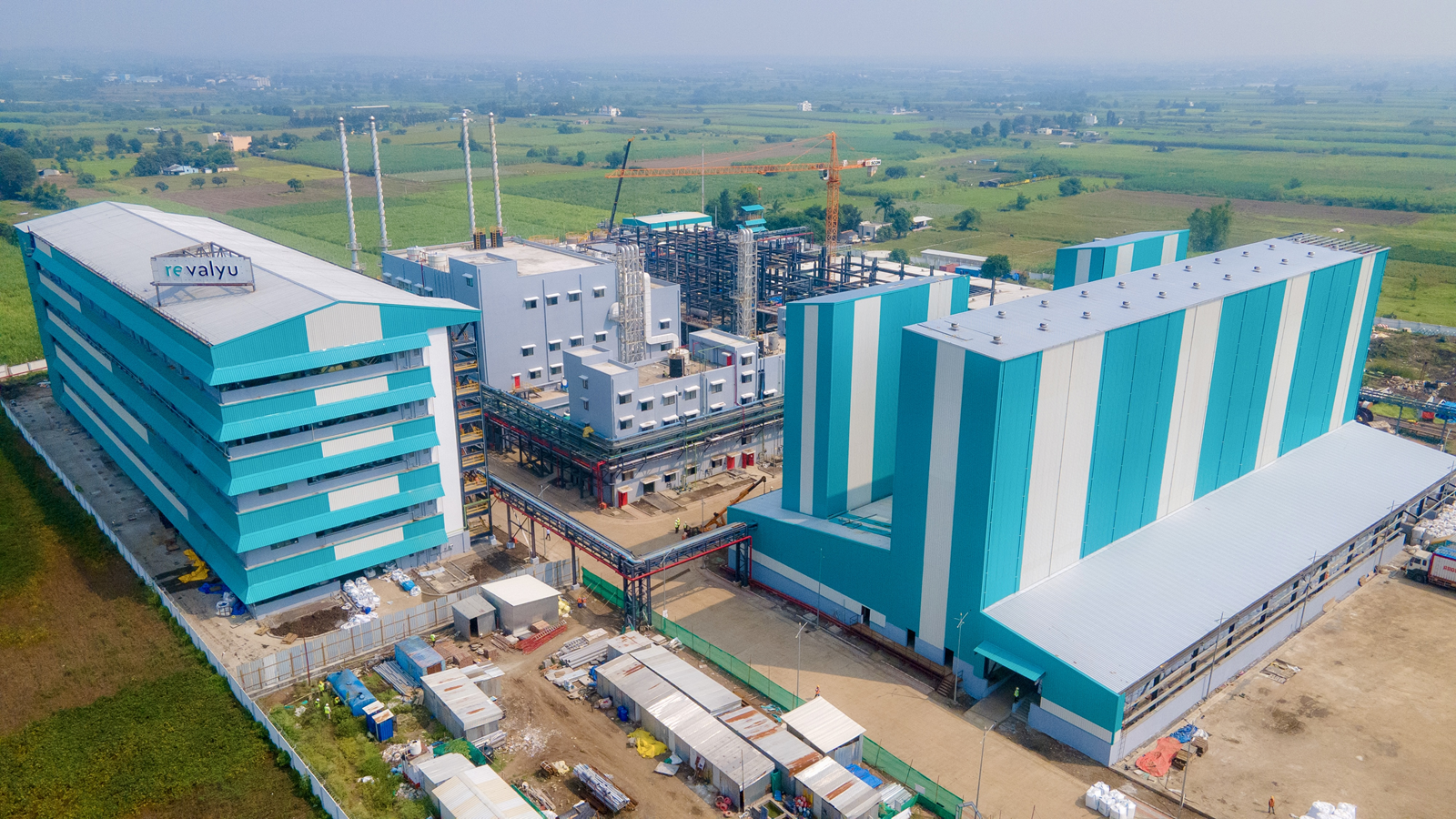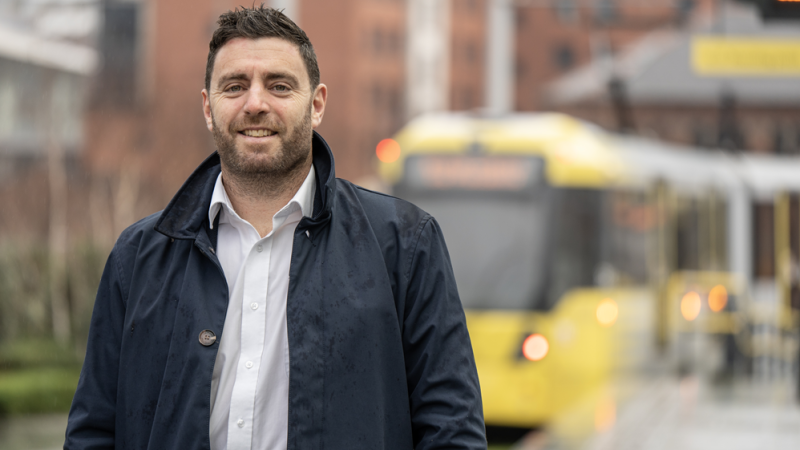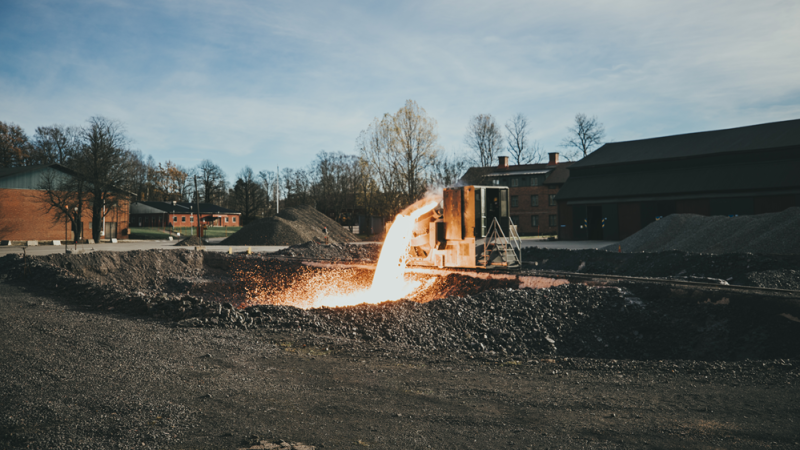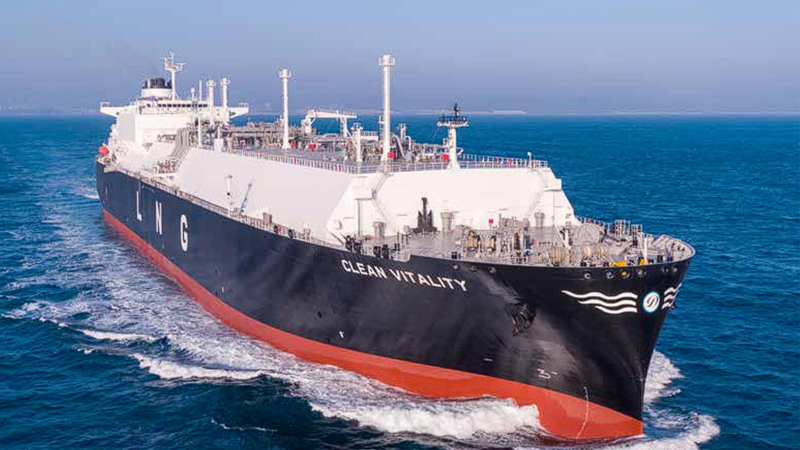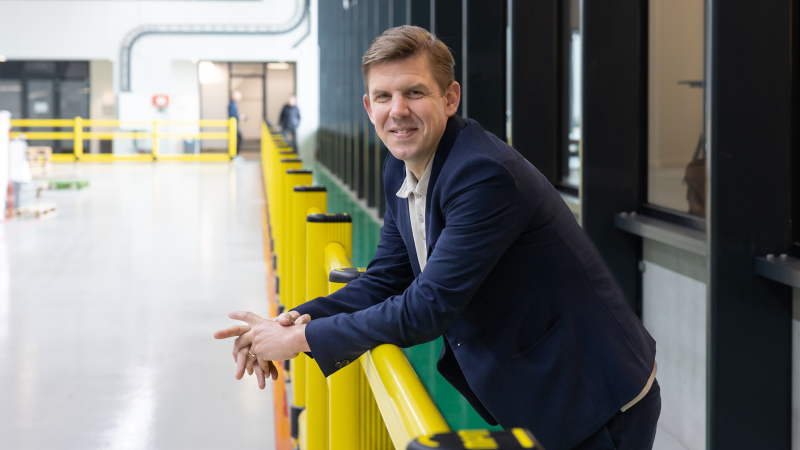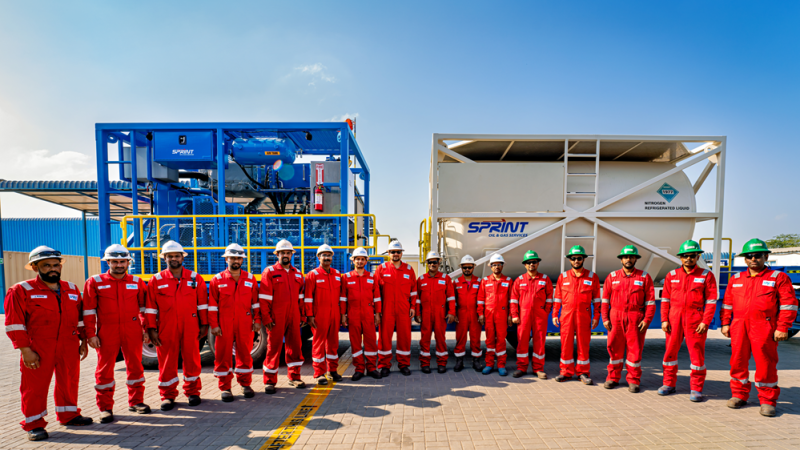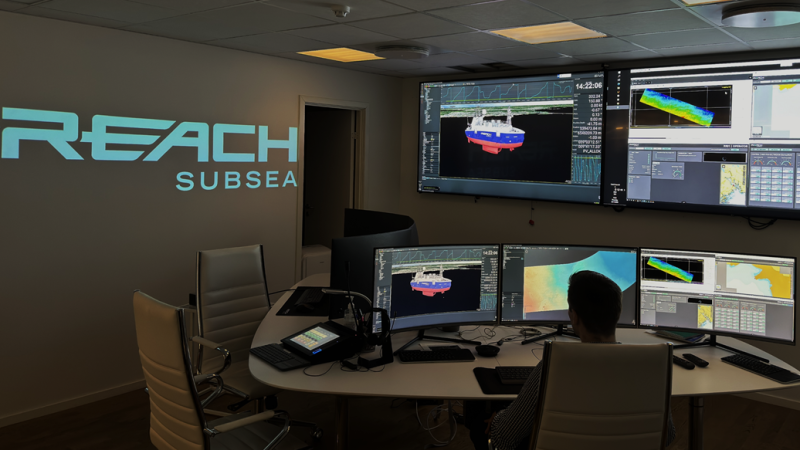In a hotly contested field where everyone is competing to find the next game changing innovation, revalyu has still managed to make a name for itself as an industry pioneer. As a chemical recycling company, it has forged new ways of recycling polyethylene terephthalate, or PET, a material commonly used for plastic bottles as well as a host of other applications.
The company has a proprietary, very specific process based on converting post-consumer PET into sustainable ester which has been filtered to remove impurities before being repolymerised. The result is pure and consistent used ester and PET, indistinguishable from the virgin product and suitable for the same high-performance applications.
“Effectively, if you take a used PET bottle, our process allows it to be turned back into a PET product as though it were made from crude oil,” explains Jan van Kisfeld. “We achieve this with 100% post-consumer feedstock. When you consider our energy efficiency, processing economics, and environmental footprint, the results we deliver are unprecedented in the industry.” Importantly, the technology is not limited to bottles — it can process any PET or polyester item, including textiles, films and trays, making it a versatile and sustainable recycling solution.
A Clear Market Advantage
Even as the demand for recycled, sustainable products is exploding, revalyu continues to stand out in a heavily populated market.
“We are able to offer our clients 100% recycled product while maintaining the purity and consistent high quality of virgin product – at a competitive price,” van Kisfeld tells us. “We achieve this through a chemical recycling process that is financially viable and has a minimal environmental footprint.”
A Growing Green Frontier
With an offering that strong, it is a surprise to nobody that revalyu has been expanding rapidly. The business has been scaling from handling volumes of 30 tons a day to an eventual goal of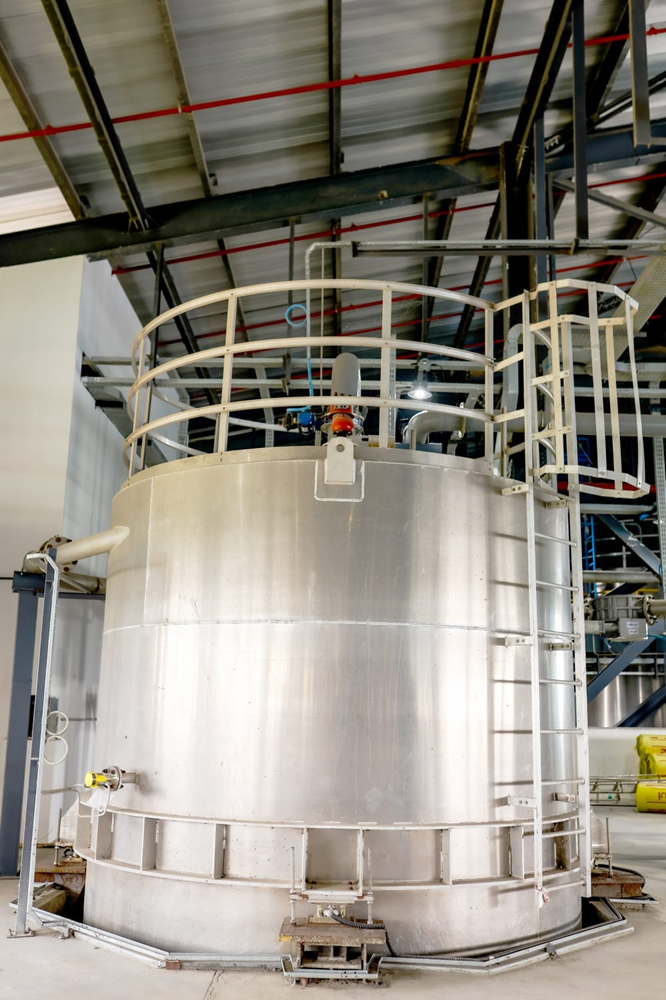 handling 1000 tons a day by end of 2030, and growing capacity like that is no mean feat.
handling 1000 tons a day by end of 2030, and growing capacity like that is no mean feat.
“This is a story of huge economic growth,” says van Kisfeld. “We have already taken the first step, achieving volumes of 160 tons per day with the first phase of our new Nashik plant. The completion of the second phase in Q1 2026 will take us to 280 tons per day of production.”
This expansion has fueled economic development and job creation, particularly in Nashik, India, where revalyu is establishing itself as a key employer and contributor to the local community.
People First: Building a Culture of Excellence
As the company grows, so does its team. Managing this growth while preserving revalyu’s core values has become a top priority.
“When we operated at 30 tons per day, we had about 230 employees. Today, we employ over 500, and we know our success depends on them,” van Kisfeld emphasizes. “That’s why we place great importance on trust, mutual respect, collaboration, and open communication.”
Maintaining an inclusive and empowering work environment is critical—but it becomes more complex as headcount rises. To ensure all employees thrive, revalyu emphasizes structured onboarding, guidance, and ongoing training.
“We believe that every new team member should feel supported from day one,” van Kisfeld says. “Effective guidance and training are essential not only to help them succeed in their roles but also to immerse them in our unique company culture. This ensures they grow alongside our business and contribute meaningfully to our success.”
Setting the Standard
Alongside its people-focused approach, revalyu remains committed to operational excellence and industry best practices.
“That, in connection with our customer focus, is really important,” he tells us. “At revalyu we have always embraced globally recognised business best practice to scale our operations efficiently. That is how we got the new plant up and running, with strategic use of Six Sigma and lean management principles.”
These frameworks have helped revalyu reduce waste, maximize production efficiency, and manage complex growth initiatives. Agile methodologies are paired with traditional stage-gate processes to maintain flexibility and responsiveness during large-scale projects.
“Our new Nashik facility represents an investment of over $100 million,” van Kisfeld notes. “This demands the highest standards of execution and quality control.”
The Nashik plant is already operational, and van Kisfeld aims to ensure continuous operations even as the plant is optimised and expanded.
“We are fostering a culture of continuous improvement that will lead to reduced downtime and increased yield,” he says. “But it all comes back to that customer focus. Everything about revalyu has always been driven by customer focus. It is the heart of our business strategy.”
Looking Ahead
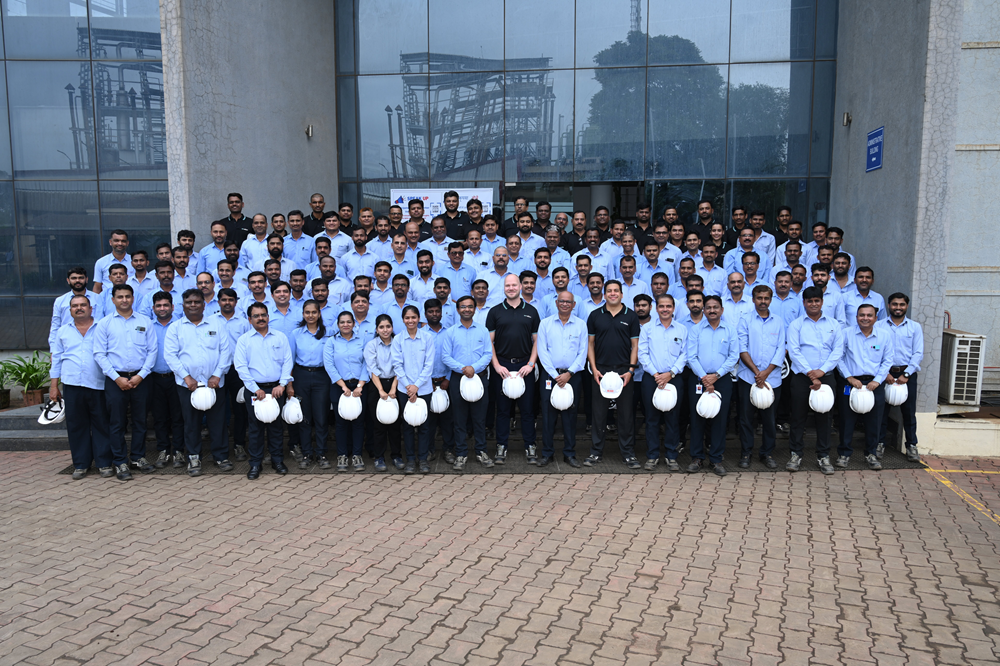 Looking to the future, van Kisfeld aims to continue working with global brands to develop sustainable PET solutions, helping its customers achieve their own environmental, social and governance targets.
Looking to the future, van Kisfeld aims to continue working with global brands to develop sustainable PET solutions, helping its customers achieve their own environmental, social and governance targets.
“Achieving these goals is important for all of our customers today,” van Kisfeld says. “We are working together with them to develop tailored products which meet their targets, not just in recycled PET but also recycled esters which cannot be produced by mechanical recycling processes. That is a very distinctive product offering that gives us a special edge in the market.”
The next step in the company’s long-term strategy will see it expand internationally. Revalyu has bought land in the United States to build a recycling plant there.
“It is a big market and a big opportunity. Chemical recyclers can work at scale, and this is necessary to handle the vast amount of plastic which is available in the US but which in most cases ends up as landfill. Recycling PET waste economically at scale is what we bring to the table,” says van Kisfeld. “The US is just the beginning. Our long-term vision includes further global expansion to meet rising demand and deliver sustainable solutions worldwide.”
